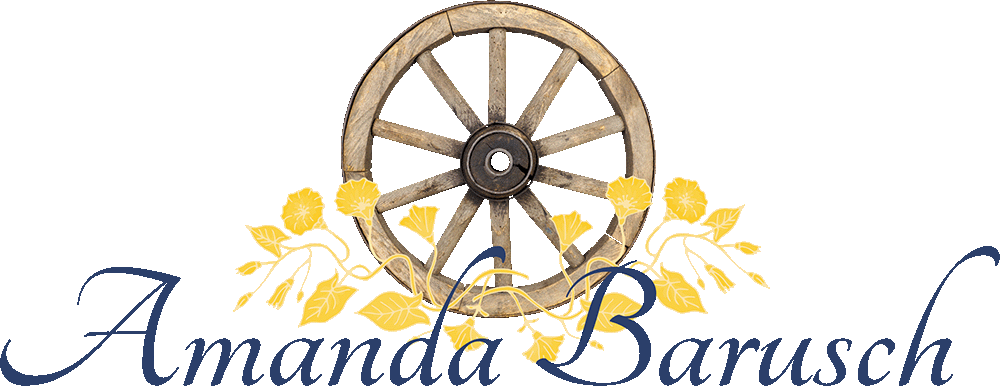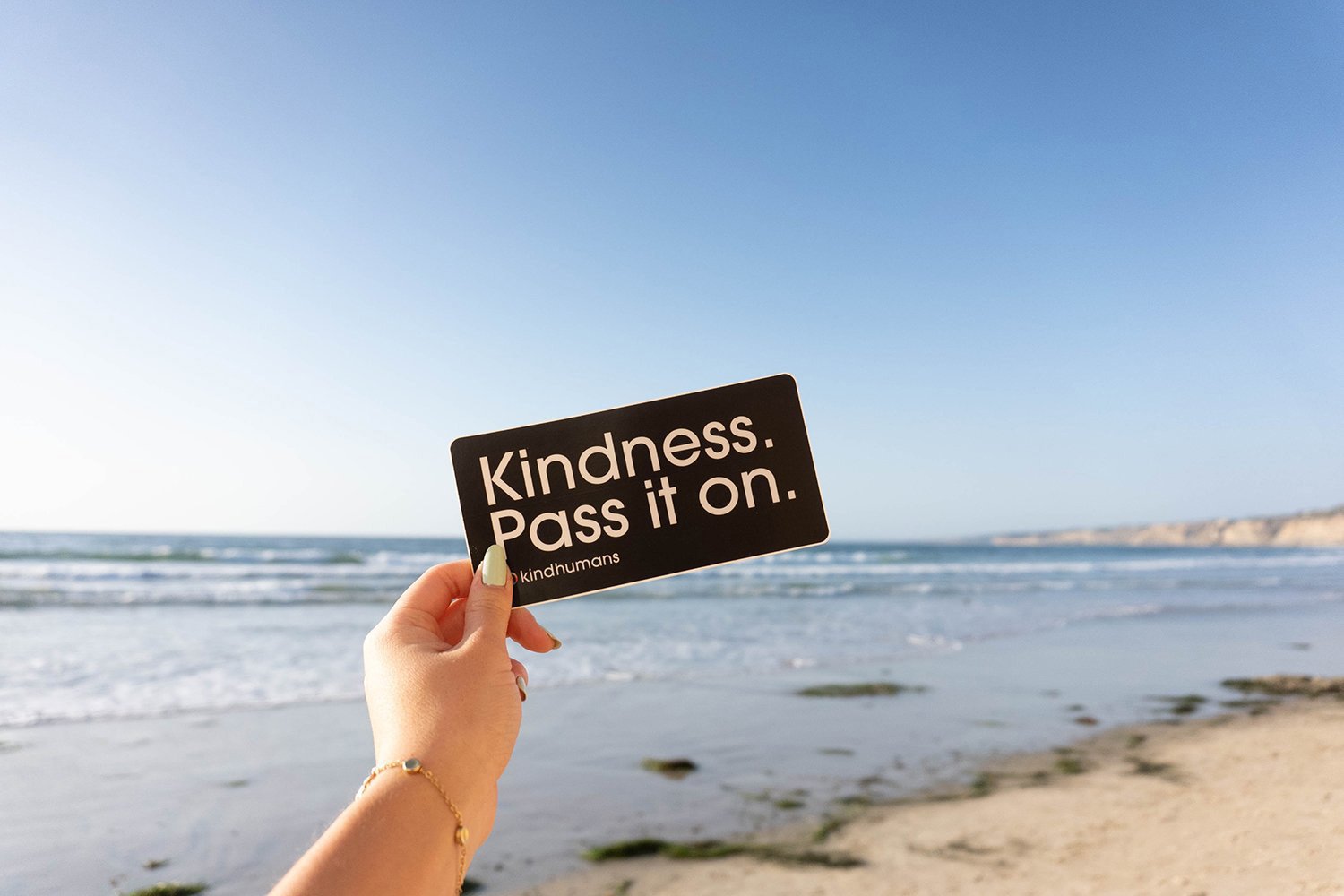Cultivating Kindness: A lesson from the Kiwi heartland
Image by Mei-Ling Mirow on Unsplash
Americans who visit New Zealand often comment on how kind, how considerate, how very nice kiwis are. (Not to mention those lovely accents!)
I used to say, “Kiwis aren’t nicer than Americans. They’re just more polite.” But over the years I have come to see fundamental decency as an integral part of kiwi culture. It may not be unique to New Zealand, but kindness is certain more valued, more common, and more expected in this lovely island nation.
In some parts of our world, kindness is a scarce commodity. Maybe we can learn from the kiwis. With a little help, maybe we can raise the kindness quotient of our communities.
Can Kindness be Taught?
My grandson, Isaac, is 2 years old and he love love loves trains. He calls them “wee wees.” Whenever one goes by on the tracks behind his back yard he rushes over to a crack in the wood fence and calls out “Hi wee wee!” He watches, rapt, as itdisappears around the curve.
At first, Isaac did not love preschool. All those kids rushing to and fro and adults he’d never met before. Pretty scary for an only child.
On one of his first days, we had just arrived and Isaac was holding my leg pretty tight when he spotted a little boy riding Thomas the Tank Engine. It couldn’t be. But it was. The preschool had a blue Thomas toy that little children could ride. Isaac’s eyes were like saucers. His grip on my leg loosened a smidge.
The teacher noticed. She watched both little boys for a few seconds and then she walked over to the other boy. (I’ll call him Sean.) She walked towards Sean as he pedaled merrily on the little train. When he paused for a minute she knelt down and put her arm around his waist.
“Sean,” she said. “I see that you’re having fun riding Thomas.”
He nodded vigorously. Yep! He really was having fun.
“Look at Isaac, for a minute would you?”
He gave Isaac a quick glance.
“Does Isaac look happy to you?”
Sean shook his head. No. Isaac didn’t look happy.
“He looks a little scared doesn’t he. See how he’s holding close to his Nana? I think Isaac is scared.”
Sean nodded slowly and put a few fingers in his mouth.
“I think Isaac might enjoy a turn on Thomas. What do you think?”
Hmmm. Sean had reservations. His mouth moved into the beginnings of a pout.
“How would you feel about letting Isaac have a turn?”
Sean slowly, reluctantly dragged one leg over Thomas and stood aside so Isaac could get on. As you can imagine, Isaac leapt at the chance and Sean watched with some dismay as he pedaled off down the walk.
This is where the magic kicked in. The teacher pulled Sean into her lap and hugged him close, rocking back and forth.
“Look what you did Sean!” She said, “See how excited Isaac is? You made him happy! I am so very very proud of you.”
Sean beamed and snuggled in her lap as he watched Isaac pedaling furiously on the Thomas toy.
Mirror Neurons: The biological basis of kindness?
In the 1990s, neuroscientist Giacomo Rizzolatti and his colleagues at the University of Parma identified neurons that might serve as the basis for human empathy. They didn’t set out to study empathy, but were observing how a particular neuron fired when monkeys grasped different objects. One day, someone noticed that the neurons fired, not only when the monkey grasped the object but also when the experimenter picked it up. They found the same neurons that fired when the monkey put an apple in his mouth also fired when the experimenter put an apple in his mouth.
Their observation triggered a whole raft of studies that led to the conclusion that our brains are wired to fire when we observe another’s experience.
Gregory Hickok, author of The Myth of Mirror Neurons, cautions that we still don’t fully understand how mirror neurons operate. But it does seem that they deliver an internal echo of what those around us are experiencing. With a few imaginative leaps, mirror neurons have come to be widely used as a metaphor for empathy, even if they aren’t the precise physical mechanism by which we share each other’s joy and suffering.
Empathy is the basis of kindness, and an essential aspect of cooperation. As biologist Nichola Riahani argues in her book,The Social Instinct, cooperation has been fundamental to the evolutionary success of our species. Without it, we are little more than stupendously greedy apes.

